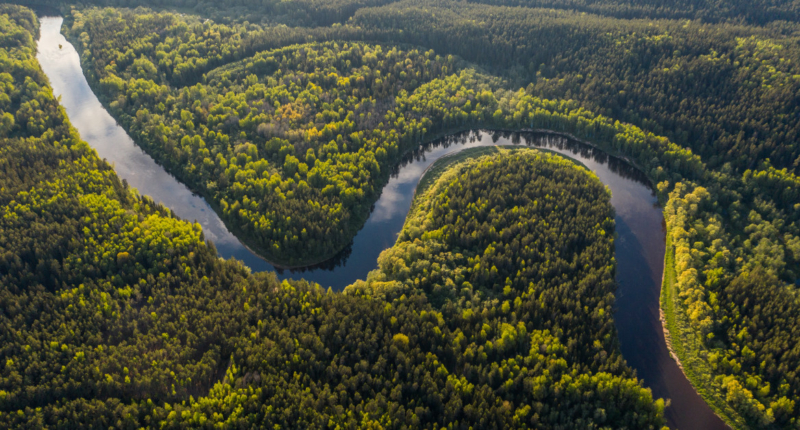The Amazon River Basin, the largest drainage basin globally, is home to millions of people and is crucial for the ecosystem’s sustainability. To ensure adequate integrated water management and safeguard water as a human right, multi-level governance in the Amazon basin is necessary, including transboundary cooperation. This cooperation requires a common vision, harmonized planning, and knowledge exchange modalities, as well as joint research on water-related issues. International cooperation is also needed for sustainable management of life systems, particularly in the Amazon basin, which has a significant portion of the world’s biodiversity. The UN 2023 Water Conference hosted an event titled “Transboundary Cooperation and Science for Integrated Sustainable Management of Amazon Waters” that focused on regional cooperation on data, information, and knowledge generation and sharing in the Amazon basin. The Water Action Agenda aims to turn the political momentum generated by the conference into tangible and ambitious action to achieve progress. This article is related to the United Nations’ Sustainable Development Goal 6, which seeks to ensure the availability and sustainable management of water and sanitation for all.
Multi-Level Governance for Integrated Water Management in the Amazon Basin
The Amazon River Basin is a vast and critical ecosystem that discharges about 20% of the world’s liquid freshwater into the Atlantic Ocean. The basin spans close to 45% of the land area of South America, making it home to millions of people and boasting exceptional cultural and biological diversity.
To ensure the availability and sustainable management of water and sanitation for all, as well as the overall sustainability of the basin, multi-level governance is crucial. This governance includes transboundary cooperation, which plays a significant role in safeguarding the ecosystem and water as a human right.
A common vision, harmonized planning, and different knowledge exchange modalities are necessary for transboundary cooperation. Joint research on water-related issues is also essential. International cooperation is required for the integral and sustainable management of life systems, particularly in the Amazon basin, which houses a significant portion of the world’s biodiversity.
On March 22, the Plurinational State of Bolivia, in association with the Amazon Cooperation Treaty Organization (ACTO), UNESCO’s Intergovernmental Hydrological Programme (IHP), ANA Brazil (National Water and Sanitation Agency), the Regional Center for Groundwater Management (CeReGAS), the Inter-American Development Bank (IDB), and The Amazon We Want Organization organized an event titled “Transboundary Cooperation and Science for Integrated Sustainable Management of Amazon Waters” at the UN 2023 Water Conference. The event covered essential topics such as regional cooperation on data, information, and knowledge generation and sharing in the Amazon basin. It also highlighted relevant partnerships’ commitments, advances, challenges, and opportunities in this area.
The Water Action Agenda seeks to translate the political momentum generated by the UN 2023 Water Conference into ambitious and tangible action to achieve progress. The event is part of this path.
This article is related to the United Nations’ Sustainable Development Goal 6, which seeks to ensure the availability and sustainable management of water and sanitation for all.
Don’t miss interesting posts on Famousbio
